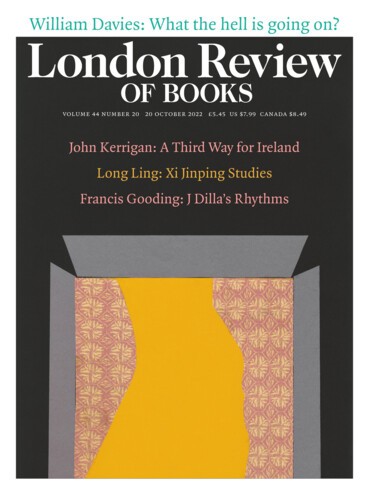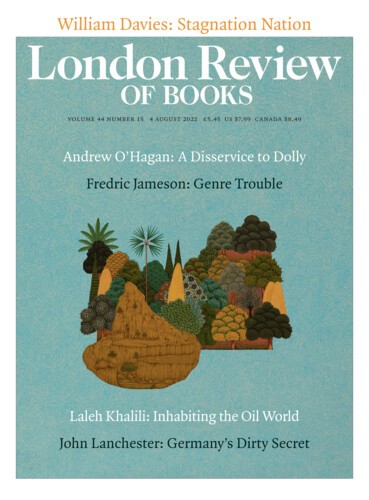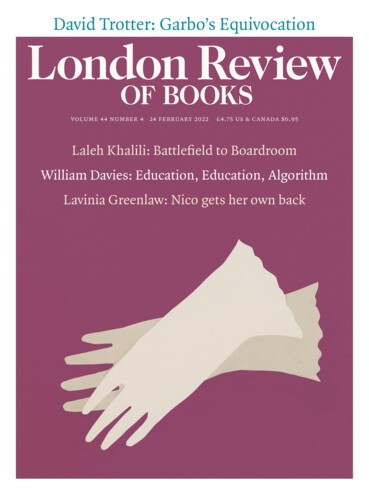Madman Economics: What the hell is going on?
William Davies, 20 October 2022
Liz Truss and Kwasi Kwarteng have unleashed something that not even the most careful reader of Britannia Unchained, the book they co-authored in 2012 with other members of the Free Enterprise Group, would have expected. By demonstrating disregard for the judgments of ‘the markets’, before which everyone from Bill Clinton to Rishi Sunak has cowered, they may believe they have demonstrated a degree of autonomy and courage that others have been unable to muster. This is precisely what the mid-20th-century neoliberals feared would happen as nations acquired their sovereignty after decolonisation. Do Truss and Kwarteng believe Britain is a newly decolonised power, now that Boris Johnson has delivered Brexit? Larry Summers’s line, that the UK is behaving like an ‘emerging market turning itself into a submerging market’ seems closer to the mark. The difference between Britain’s new-found sovereign autonomy – if one believes in such a thing – in 2022 and that of the newly independent nation-states of the 1950s and 1960s is that Britain today confronts a global economy shaped by more than forty years of neoliberal reforms.





